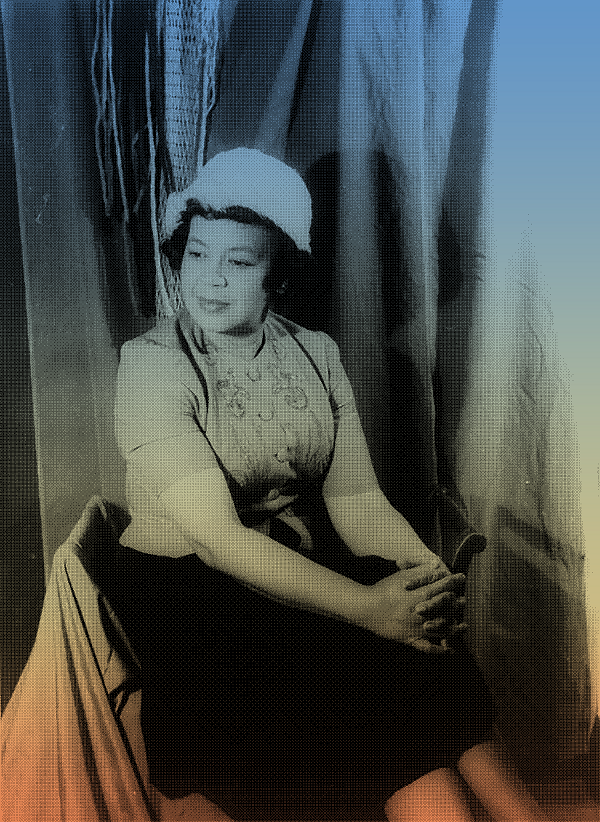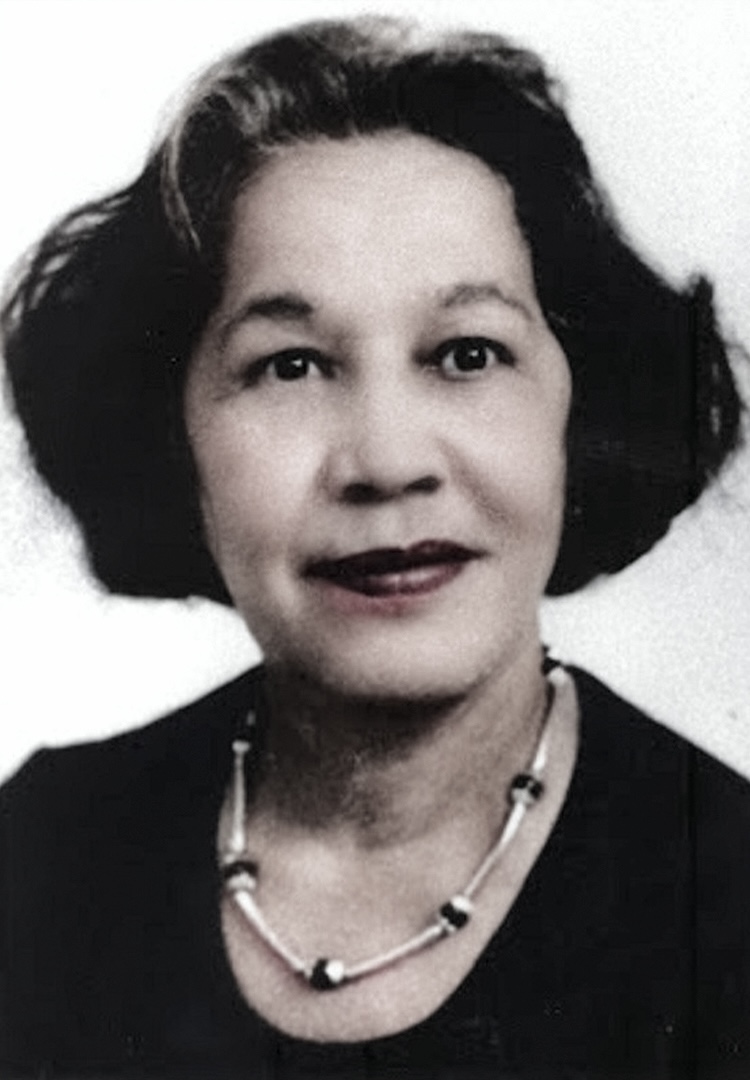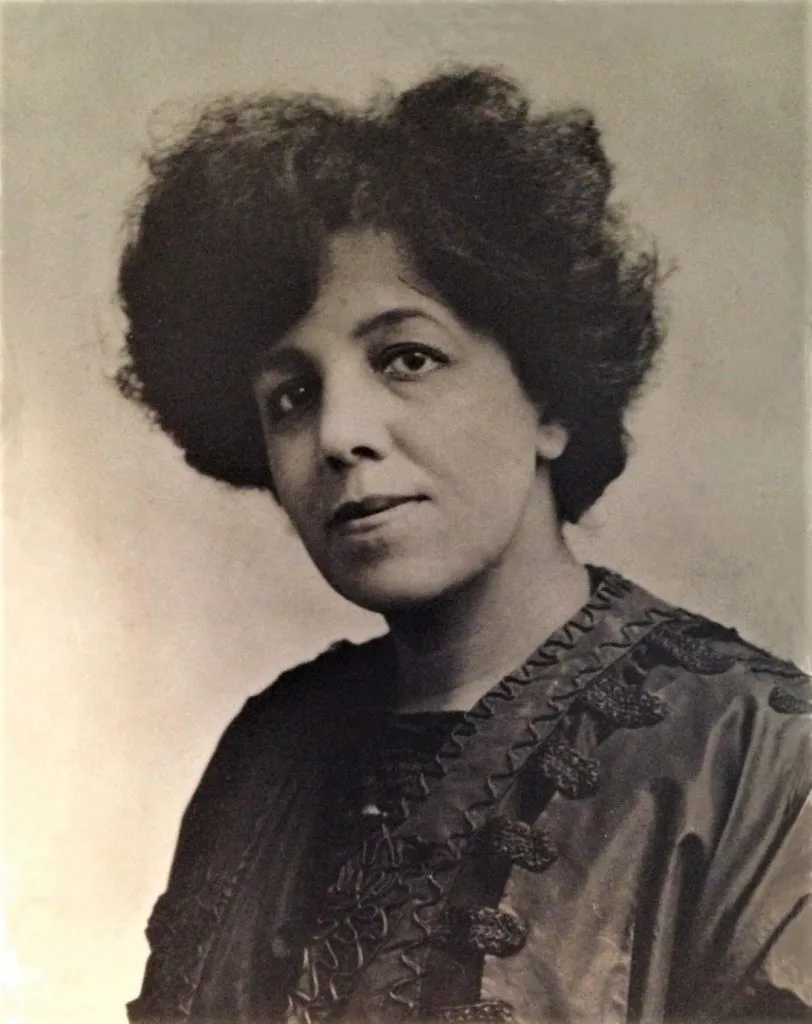Composer and pianist Margaret Bonds grew up in a musically rich environment in Chicago—her mother was a gifted organist, and in high school Bonds studied piano and composition with Florence Price. Like Price, Bonds was a pathbreaker. In 1934, she became the first Black soloist to play with the Chicago Symphony Orchestra, when she performed Price’s Piano Concerto in D Minor. Yet, like so many Black musicians, she faced significant obstacles. For example, she earned her B.M. and M.M. from Northwestern University but was not allowed to live on campus. Bonds was a gifted song composer and she turned often to the poetry of Langston Hughes, who became a lifelong friend. One of the video recordings on this site is of “When the Dove Enters In,” a never-before-recorded Hughes setting.
Additional Resources
Bonds’s works are better known than ever before—new scores and recordings are appearing with greater and greater frequency. But more scholarship is needed. Here are a few useful resources:
- Stephenson, JoAnne. “Tropics After Dark, Songs of the Seasons, and Other Unpublished Works of Margaret Bonds to the Poetry of Langston Hughes as Found in the James Weldon Johnson Collection.” DMA thesis, University of Illinois at Urbana-Champaign, 1995.
- Kilgore, Althea N. “The Life and Solo Vocal Works of Margaret Allison Bonds (1913-1972).” DMA thesis, Florida State University, 2013.
- Resources (including recordings) related to Bonds’s songs at Song of America.
- Resources (including recordings) related to Bonds’s songs at the African American Art Song Alliance.
- Margaret Bonds papers at Yale University.
- My podcast episode about Bonds’s song “Stopping by Woods on a Snowy Evening.”




